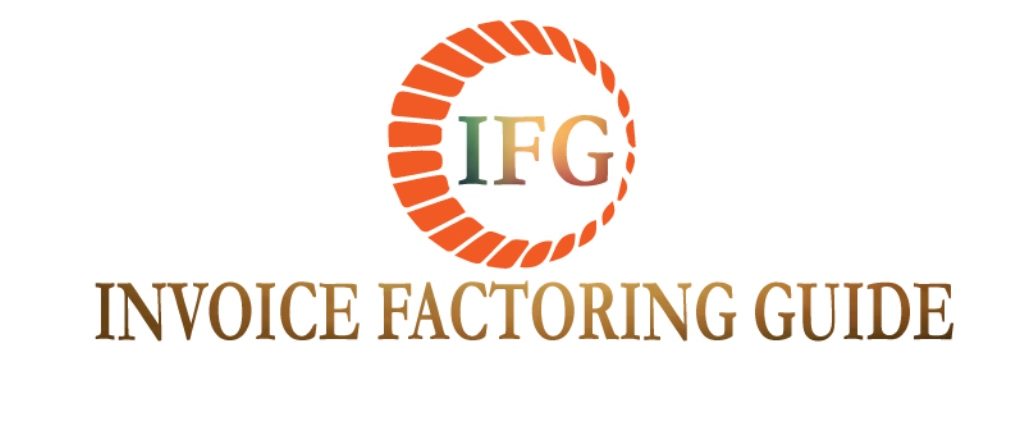Medical Factoring
The health care industry has undergone a massive shift over the last decade. With the Affordable Care Act, millions of uninsured Americans now have access to care. But as coverage grows, so does inefficiency.
According to a study by Consumerist, almost 1/3 of privately insured Americans encountered a surprise doctor bill which was greater than expected (meaning the health insurer paid out less).1 This double-whammy makes it tough to run your health care business properly.
Medical billing has become overly complicated, and it is often difficult to ascertain the true amount owed from a simple doctor visit. The end result is delayed payments for health care providers. This unpredictability of cash flow makes running a small medical business very difficult with the need to make payroll and purchase new equipment.
What is Medical Factoring?
Factoring is the discounted sale of outstanding invoices to a third party buyer. This buyer, known as a factor, advances their customer roughly 80% of the invoice’s face value and rebates the balance once the bill is paid, less a factoring fee of generally 2%. As you can see, invoice factoring provides access to immediate funding for cash-strapped businesses with money tied up in receivables. In the health care industry, these transactions are known as medical factoring.
Medical companies that have health insurance claims bill two types of entities- 1) private organizations like HMOs (Blue Cross Blue Shield, Cigna, etc.) or 2) public agencies such as Medicare or Medicaid. Anyone that’s ever invoiced these type of entities knows they can be very slow to provide payment, sometimes up to 120 days. It is increasingly necessary for medical companies to finance their insurance claims.
Who Uses Medical Factoring?
- Doctor’s offices
- Nursing Homes
- Home healthcare companies
- Hospices
- Detox and Rehab Centers
- Medical Suppliers
Keep in mind, a factoring company will only fund business to business (B2B) or business to government (B2G) invoices. Business to consumer (B2C) are usually avoided and are left to debt collection agencies.
What Makes a Good Medical Factoring Company?
Not all medical factoring companies are the same. In fact, most factors won’t even touch medical receivables. There are two reasons for this:
First, account debtors in the medical field are some of the slowest payers because of frequent adjustments to bills for services, etc. The final ‘net amount’ is the invoice’s face value that the factoring is based on. As a result, medical receivables are often dated past 90 days which is the cut off point for many invoice factors’ acceptance.
Second, factors are hesitant when dealing with Medicare and Medicaid. These government entities won’t pay any other party other than the original biller. But there are some factoring companies that utilize a control account to still execute the transaction. The original billing bank account stays the same but the factor has control over it (so it can still get paid by Medicare).
Because of the amount of control the factor has in these transactions, only pursue those with impeccable track records and reputation. Our factoring company reviews is a good place to start.
If your health care business has been denied access to capital from a bank or other financier and is experiencing cash flow problems, factoring invoices is something to consider. Request a free, no obligation quote today.
